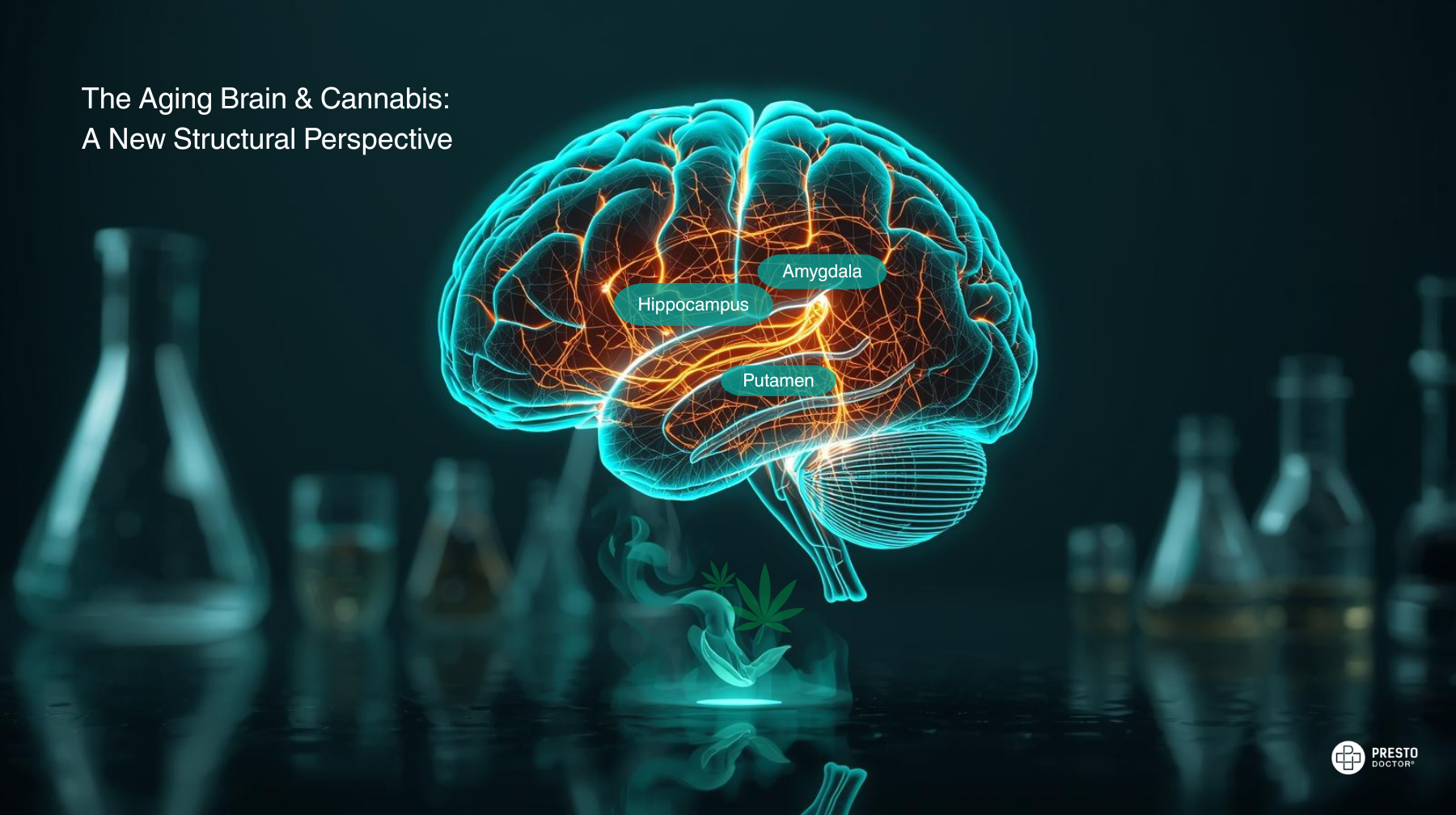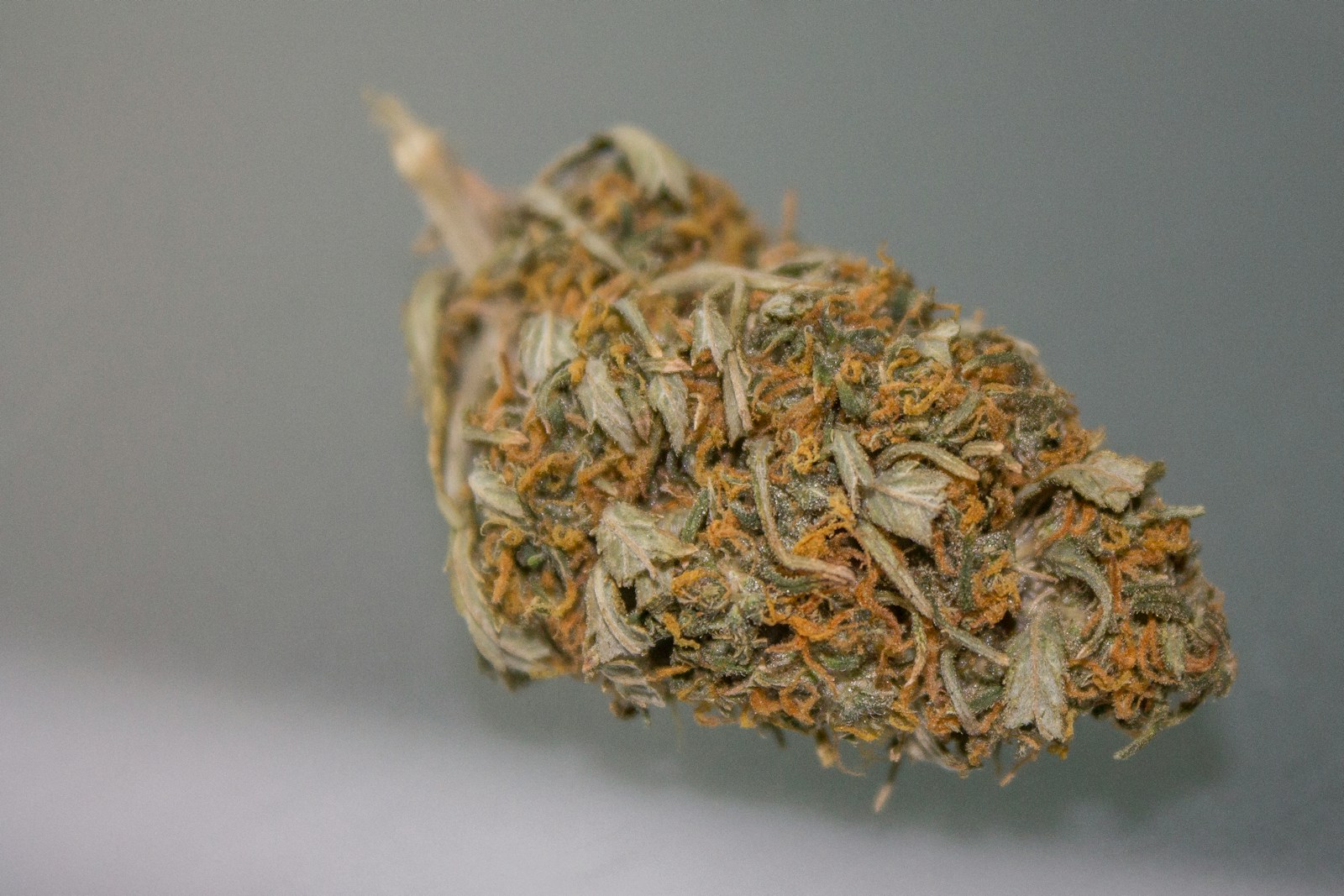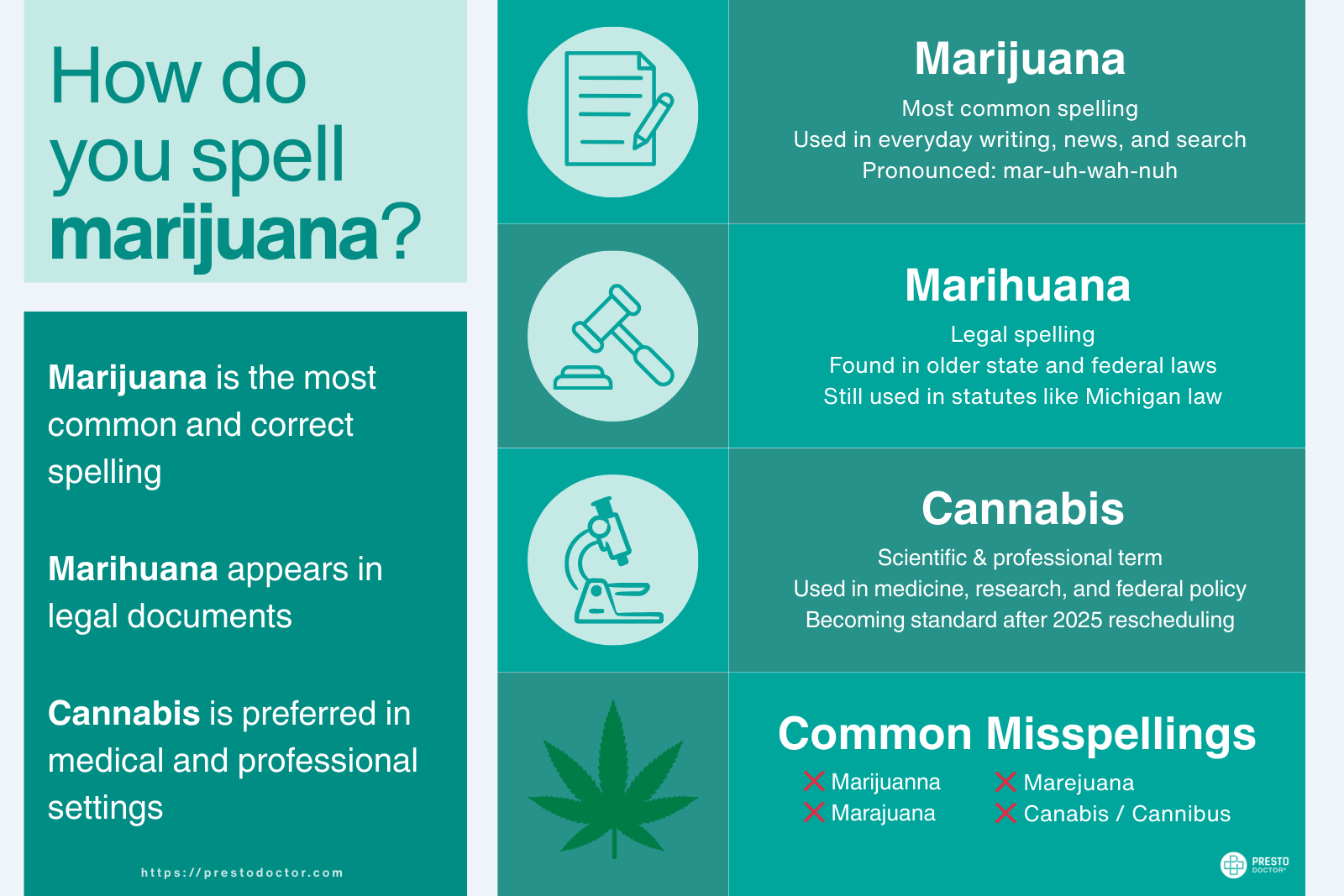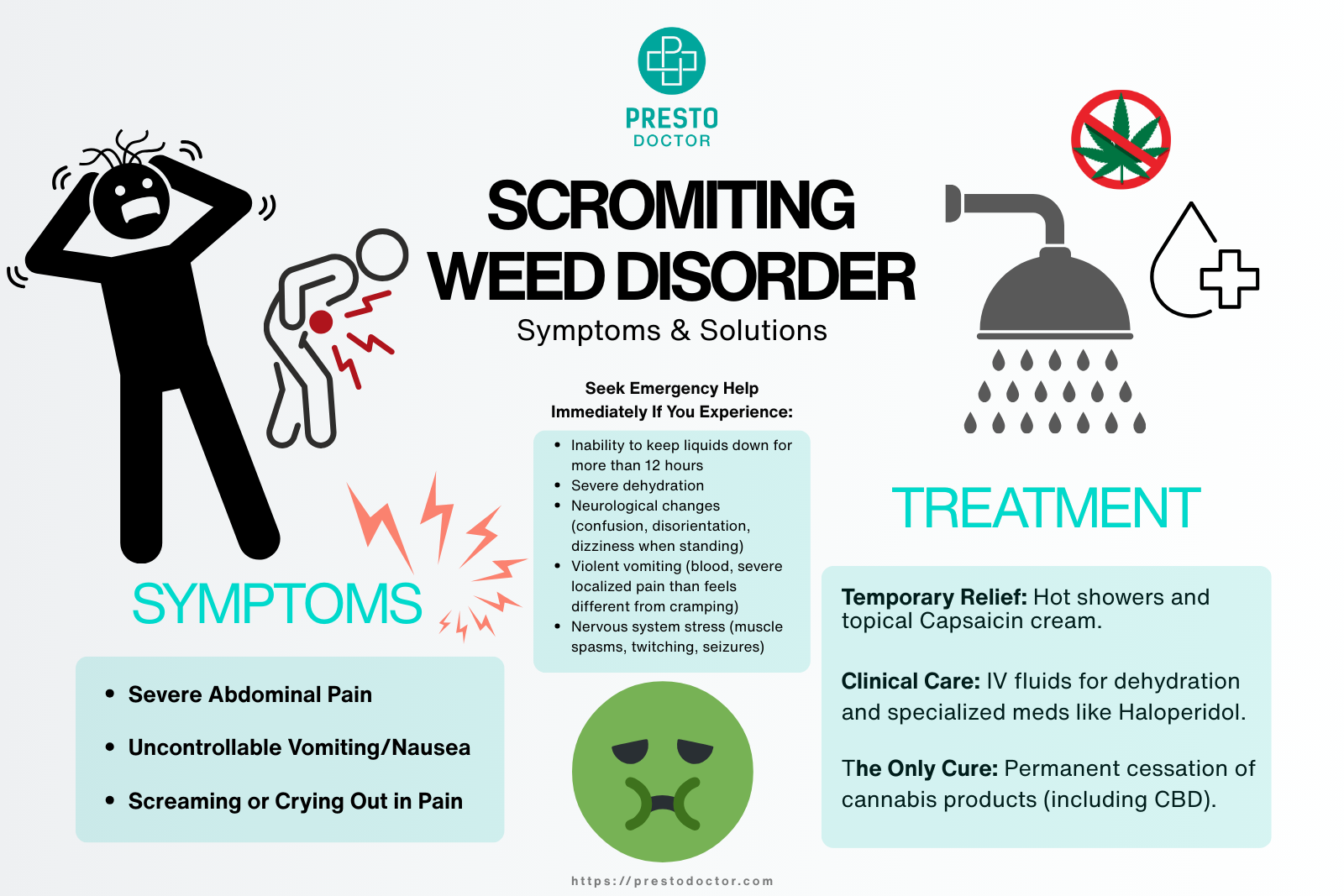
The question of how long THC remains detectable in urine is increasingly relevant as cannabis legalization spreads and workplace drug testing continues. This comprehensive guide will help you understand the factors affecting THC detection, information on THC metabolites, as well as what you need to know about drug testing and how to avoid a positive THC urine test.
Understanding THC and Its Metabolism
THC (Tetrahydrocannabinol) is the primary psychoactive compound in cannabis that produces the “high” sensation. When consumed, THC is processed by the liver and broken down into various metabolites, primarily THC-COOH, which is what most urine tests detect. This metabolite is fat-soluble, meaning it can be stored in your body’s fat cells for extended periods.
Factors Influencing THC Detection Time
Several key factors affect how long THC remains detectable in urine:
- Frequency of use: Regular users typically retain THC longer than occasional users
- Dosage: Higher doses lead to longer detection windows
- Body composition: Higher body fat percentage can result in longer retention
- Metabolism: Faster metabolisms may clear THC more quickly
- Hydration levels: While not dramatically affecting detection time, hydration can influence test results
- Overall health: Liver function and general health can impact THC processing
Typical Detection Windows
For different usage patterns, THC detection windows typically fall within these ranges:
- Single use: 3-7 days
- Occasional use (1-2 times per week): 7-14 days
- Regular use (3-4 times per week): 15-30 days
- Heavy use (daily): 30-90 days
Types of Urine Tests and Their Sensitivity
Standard THC urine drug tests typically use immunoassay screening with a 50 ng/mL cutoff level. Positive results are often confirmed using more accurate GC/MS (Gas Chromatography/Mass Spectrometry) testing, which has a lower cutoff of 15 ng/mL. This two-step process helps reduce false positives while ensuring accurate results.
False Positives in THC Urine Testing
Several factors can trigger a false positive result on a THC urine drug test, and it’s important to be aware of these possibilities, especially if you haven’t consumed cannabis. CBD products are a common culprit, particularly full-spectrum CBD products that legally contain up to 0.3% THC – regular use of these products can lead to THC accumulation in your system.
Certain medications can also cross-react with THC tests, including NSAIDs like ibuprofen, naproxen, and sulindac, as well as some anti-inflammatory drugs like Protonix and Pantoprazole. Additionally, prescription medications such as dronabinol (Marinol), a synthetic form of THC, and efavirenz (Sustiva), an HIV medication, can trigger positive results. Even some common supplements and foods can cause false positives – hemp seeds, hemp oil, and certain herbal teas have been known to affect test results.
Environmental factors, such as significant second-hand cannabis smoke exposure in poorly ventilated spaces, could potentially lead to positive results, though this is relatively rare.
If you receive a positive result and believe it to be incorrect, it’s important to request a more accurate confirmatory test, such as GC/MS (Gas Chromatography/Mass Spectrometry), which can differentiate between THC and other compounds that might trigger false positives on standard immunoassay tests.
THC Urine Test Detection Levels (ng/mL)
Test Cutoff Levels:
Initial Screening (Immunoassay): 50 ng/mL
Confirmatory Test (GC/MS): 15 ng/mL
Concentration Levels by Usage Pattern:
Single Use (1 joint/session)
- Day 1-2: 100-1,000 ng/mL
- Day 3-4: 50-100 ng/mL
- Day 5-7: 15-50 ng/mL
- Day 8+: <15 ng/mL
Occasional Use (1-2 times/week)
- During use: 100-1,000 ng/mL
- Days 1-7: 50-200 ng/mL
- Days 8-14: 15-100 ng/mL
- Days 15+: <15 ng/mL
Regular Use (3-4 times/week)
- During use: 200-2,000 ng/mL
- Days 1-14: 100-200 ng/mL
- Days 15-30: 50-100 ng/mL
- Days 31-45: 15-50 ng/mL
- Days 46+: <15 ng/mL
Heavy Use (Daily)
- During use: 500-3,000 ng/mL
- Days 1-21: 200-500 ng/mL
- Days 22-45: 100-200 ng/mL
- Days 46-70: 50-100 ng/mL
- Days 71-90: 15-50 ng/mL
- Days 90+: <15 ng/mL
Key Interpretation Points:
- Below 15 ng/mL: Negative on most tests
- 15-50 ng/mL: May pass initial screening but fail confirmation
- Above 50 ng/mL: Likely positive on both screening and confirmation
- Peak levels typically occur 2-3 hours after use
- Levels can vary significantly based on individual factors
Note: These THC detection levels are approximate and can vary based on individual factors.
Detox Methods and Their Effectiveness
While numerous products claim to help clear THC from your system, most lack scientific evidence supporting their effectiveness. The most reliable methods include:
- Natural detox through time and abstinence
- Maintaining proper hydration
- Regular exercise (though avoid exercise 24 hours before testing)
- Healthy diet and lifestyle choices
Be wary of quick-fix solutions or products promising immediate results, as these are often ineffective or potentially harmful.
Legal and Employment Implications
Despite increasing cannabis legalization, many employers maintain zero-tolerance drug policies. Understanding your rights and local laws is crucial:
- Some states protect medical marijuana users from employment discrimination
- Federal jobs and safety-sensitive positions typically require strict drug testing, including THC drug testing
- Private employers generally have discretion in setting THC drug testing policies
Common Myths About THC Testing
- Myth: Drinking excessive water will clean your system of THC
- Myth: Cranberry juice can remove THC from your system
- Myth: Exercise the day of the THC test helps
- Myth: All home remedies are effective
- Myth: Second-hand smoke won’t show up on THC tests
Latest Research and Developments
Recent Studies on THC Metabolism
- A 2023 study in the Journal of Analytical Toxicology revealed that THC metabolism varies significantly based on genetic factors, with some individuals processing THC up to 30% faster than others due to specific enzyme variations.
- Research published in Drug Testing and Analysis (2022) demonstrated that exercise can temporarily increase THC levels in blood by releasing stored metabolites from fat cells.
New Testing Methods
- Oral fluid testing is gaining popularity, offering a shorter detection window (24-48 hours) compared to urine testing
- Advanced fingerprint drug testing technology is emerging, providing instant results with higher accuracy
- New biomarker testing methods can now distinguish between recent use and residual THC metabolites
Emerging Legal Changes
- More states are implementing protections for off-duty cannabis use
- Some jurisdictions are limiting pre-employment drug testing for cannabis
- Federal legislation is being considered to standardize workplace drug testing policies
- Several states now require employers to accommodate medical marijuana users
New Scientific Findings
- Research indicates that THC metabolites may be detectable in hair samples for up to 12 months
- Studies show that second-hand cannabis smoke exposure can result in positive THC drug tests under specific conditions
- New research suggests that individual gut microbiome composition may affect THC metabolism rates
Special Considerations
Medical Marijuana Users
- Many states have specific protections for registered medical marijuana patients
- Some employers must provide reasonable accommodation for medical use
- Documentation requirements vary by state and employer
- Regular users may need to maintain higher THC levels for therapeutic effects
CBD Products and False Positives
- Full-spectrum CBD products can contain trace amounts of THC
- Regular CBD use may lead to THC accumulation
- Third-party testing is crucial for CBD product purity
- Some CBD products may contain more THC than labeled
Impact of Different Consumption Methods
- Smoking/Vaping: Fastest onset, shorter detection window
- Edibles: Longer metabolism process, extended detection time
- Concentrates: Higher THC content leads to longer detection periods
- Topicals: Generally don’t result in positive THC drug tests
Effects of Synthetic Cannabinoids
- May not be detected by standard THC tests
- Can have more severe health implications
- Often lead to unpredictable detection times
- May require specialized testing methods
Key Takeaways
- THC detection time varies significantly based on individual factors and usage patterns
- The only reliable method for passing a THC drug test is abstinence and natural detox
- Understanding your rights and local laws regarding cannabis use is essential
- Employment policies may still prohibit THC use regardless of local legalization status
Remember that while cannabis laws are evolving, it’s crucial to stay informed about how THC use might affect your employment and legal status. When in doubt, consult with legal professionals or healthcare providers for personalized advice regarding THC use and testing.
Note: This information is for educational purposes only and should not be used as legal or medical advice. Always consult with appropriate professionals for guidance specific to your situation.
FAQs
What is the longest time for THC to leave system?
In extreme cases of heavy, chronic use, THC metabolites have been detected in urine for up to 120 days. However, this is rare, and most heavy users will test clean within 30-90 days.
How long will cannabis show in a urine test?
Cannabis detection times vary based on usage:
- Single use: 3-7 days
- Occasional use: 7-14 days
- Regular use: 15-30 days
- Heavy daily use: 30-90 days These timeframes can vary based on individual factors like metabolism and body composition.
How does THC end up in urine?
When cannabis is consumed, THC is metabolized by the liver into various compounds, primarily THC-COOH. This metabolite is fat-soluble and is gradually released from fat cells, processed by the liver, and eliminated through urine. After consuming THC, the metabolite typically appears in urine within 60 minutes.
How long does it take for THC to wear off?
The immediate effects of THC typically last 2-8 hours, depending on consumption method and dosage. However, this shouldn’t be confused with detection time in urine, which is much longer. THC detection time in urine depends on many factors. Keep in mind that THC metabolites remain in the body longer than the THC, or “high,” itself.
How long does drug test urine stay good for?
Urine samples are typically viable for testing for 24-48 hours when stored at room temperature. Refrigerated samples can last up to a week, while frozen samples can be preserved for several months.
Resources and Further Reading
Scientific Studies
- National Institute on Drug Abuse (NIDA): www.drugabuse.gov
- Journal of Cannabis Research: www.cannabisresearchjournal.org
- PubMed Central Cannabis Studies: www.ncbi.nlm.nih.gov/pmc
- Society of Cannabis Clinicians: www.cannabisclinicians.org
Legal Resources
- NORML Legal Information: www.norml.org/laws
- State Cannabis Laws Database: www.mpp.org/states
- Workplace Rights Information: www.workplacefairness.org
- American Civil Liberties Union: www.aclu.org/issues/marijuana-law-reform
Employment Rights Resources
- Department of Labor: www.dol.gov
- Equal Employment Opportunity Commission: www.eeoc.gov
- State Labor Offices Directory: www.dol.gov/agencies/whd/state/contacts
- Drug Testing Laws by State: www.nolo.com/legal-encyclopedia/workplace-drug-testing






